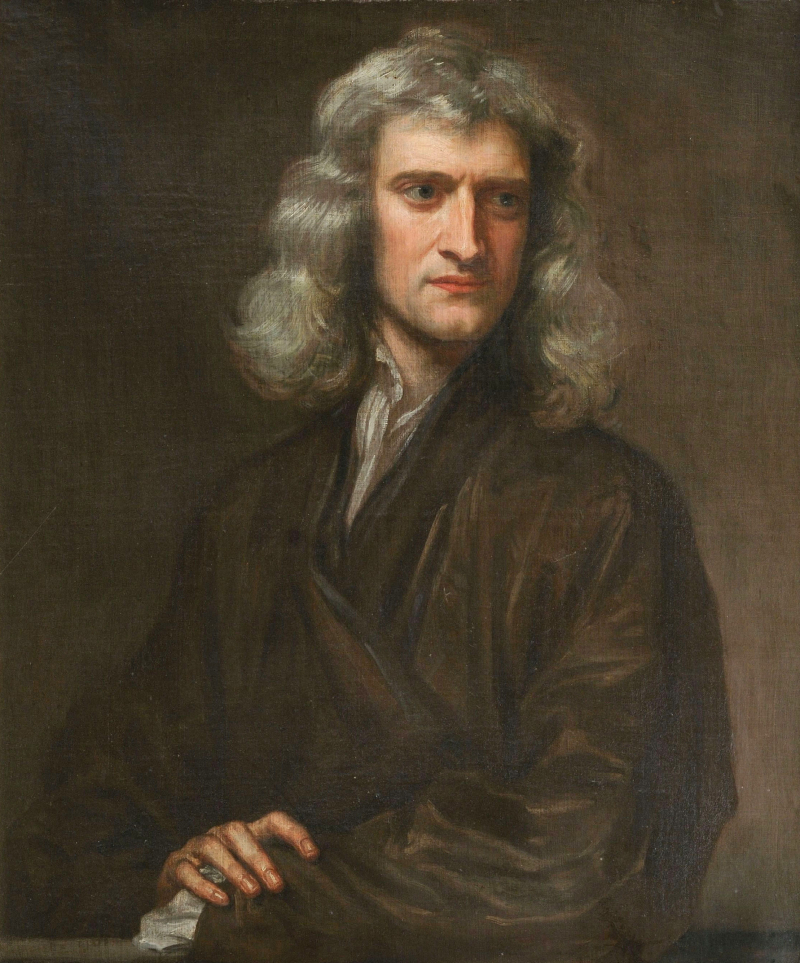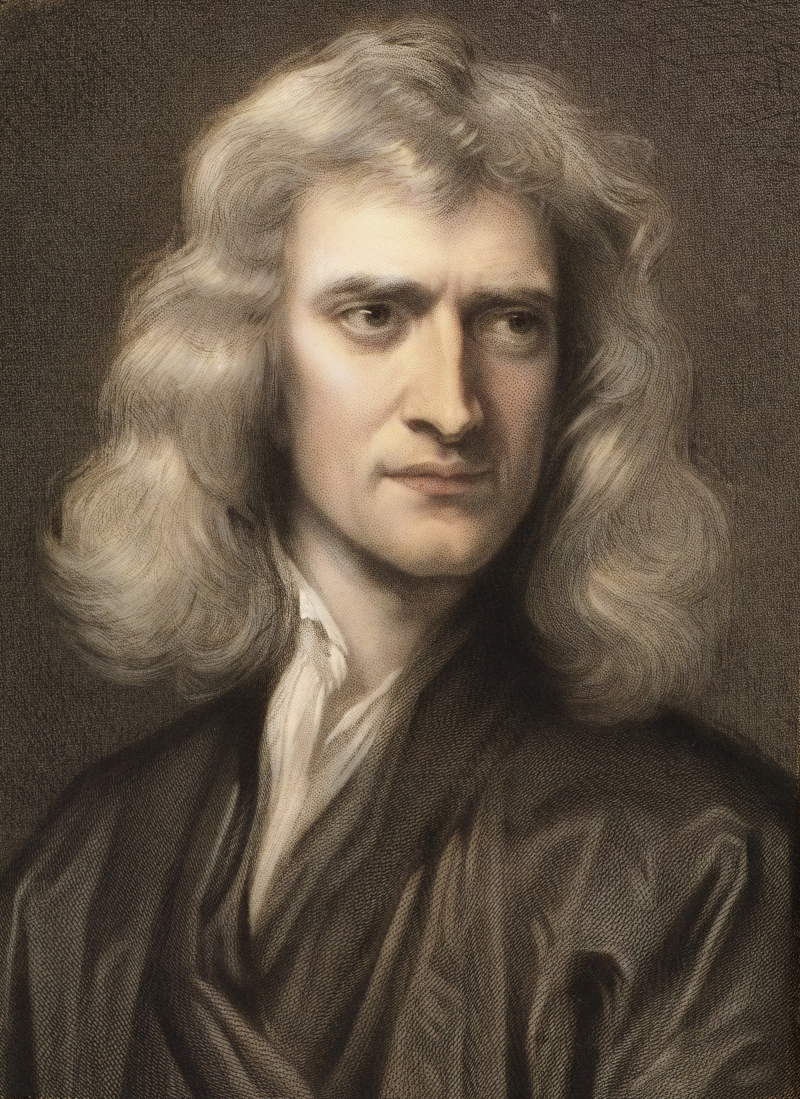A Great Scientist
Essay topic: Write a descriptive essay about a scientist with important contributions for mankind
Answer:
In the annals of scientific history, one luminary stands as a colossal figure, casting a long shadow over the landscape of knowledge, Sir Isaac Newton. This essay embarks on a journey through the life and contributions of this great scientist, unveiling the profound impact of his revolutionary ideas on mankind.
Newton, a paragon of intellectual prowess, left an indelible mark on the scientific world during the 17th century. His groundbreaking work in physics, mathematics, and astronomy laid the foundation for modern science. The prism of his genius refracted light upon the complexities of the universe, revealing truths that transformed our understanding of the natural world.
At the core of Newton's brilliance is his Principia Mathematica, a monumental work that formulated the laws of motion and the law of universal gravitation. These principles not only explained the motion of celestial bodies but also unified terrestrial and celestial mechanics, providing a comprehensive framework for understanding the fundamental forces governing the cosmos.
In mathematics, Newton's invention of calculus revolutionized the field, creating a powerful tool for solving complex problems and paving the way for myriad scientific and engineering advancements. His methodical approach and analytical mind set a standard for scientific inquiry, inspiring generations of researchers to follow in his footsteps.
Newton's influence extended beyond the confines of academia. His laws of motion became the bedrock of classical mechanics, shaping engineering, physics, and technology. The law of universal gravitation, a force reaching across vast cosmic distances, revealed the interconnectedness of celestial bodies, laying the groundwork for future discoveries in astronomy.
In conclusion, Sir Isaac Newton stands as a titan among scientists, his contributions echoing through the corridors of time. His laws of motion and universal gravitation, coupled with the invention of calculus, have left an enduring legacy, shaping the very fabric of modern science. Newton's profound impact on mankind transcends disciplines, serving as an eternal beacon that illuminates the limitless possibilities of human understanding.












